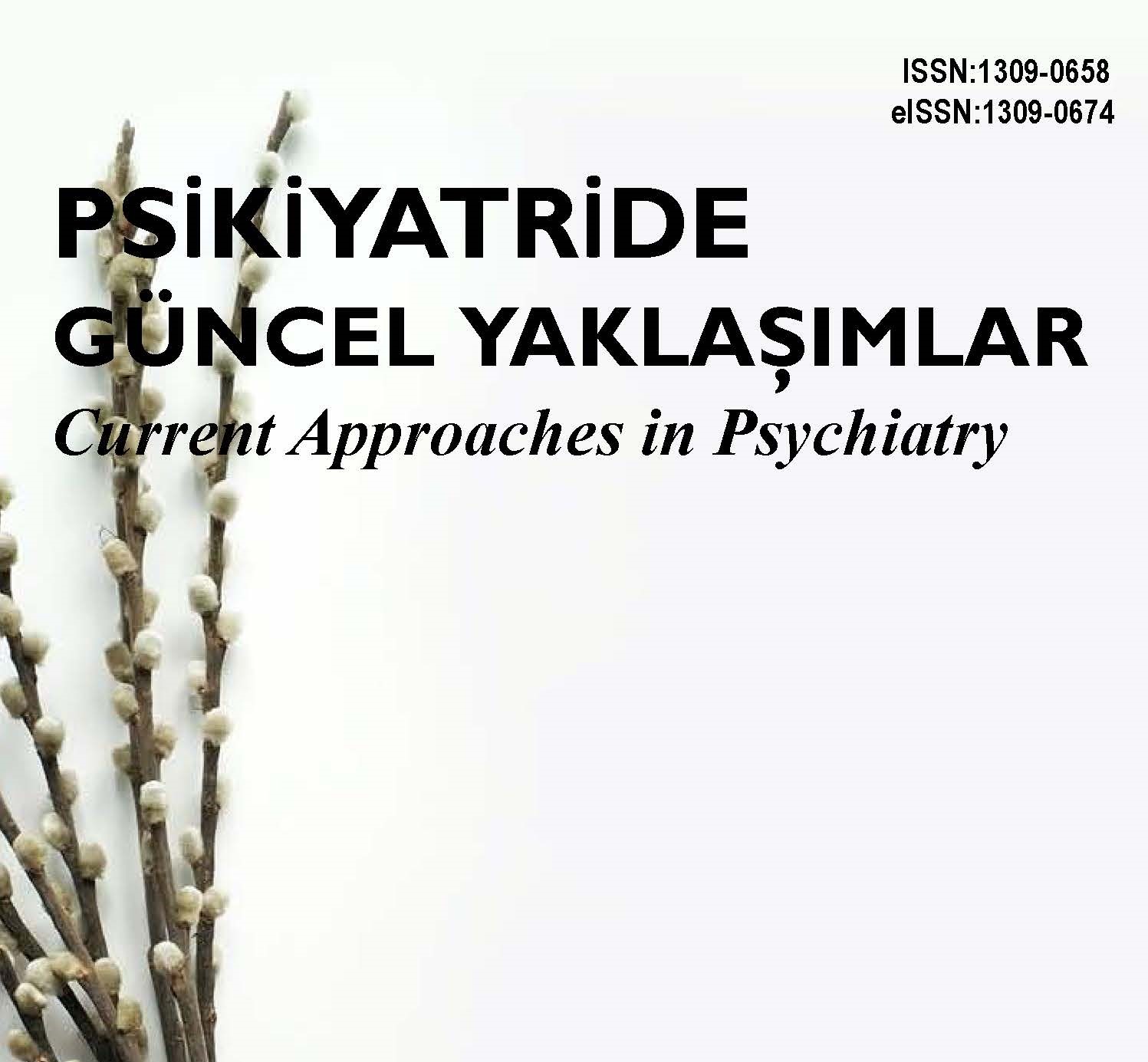Beliren Yetişkinlikte İlişki İstikrarı: Anneye Bağlanma ve Bilişsel Tamamlanma İhtiyacının Yordayıcılığı
Relationship Stability in Emerging Adulthood: The Predictions of Maternal Bonding and Need for Cognitive Closure
Author(s): Ahmet Kayabaş, Hasan AtakSubject(s): Cognitive Psychology, Developmental Psychology
Published by: Çukurova Universitesi Tip Fakultesi Psikiyatri Anabilim Dalı
Keywords: Relationship stability; maternal bonding; need for cognitive closure; emerging adulthood;
Summary/Abstract: The main purpose of this study is to examine the predictive effects of maternal bonding and need for cognitive closure on relationship stability in the context of a model. In addition, it was examined whether the relationship stability and its subscales significantly differed according to some demographic variables. In the study in which the relational descriptive model was used, the research group consists of 403 individuals, 45% male (n = 180) and 55% (n = 223) female. “Relationship Stability Scale”, “Parental Attachment Inventory-Mother Short Form” and “Need for Completion Scale-Short Form” were used as data collection tools in the study. Path model and t-Test are the basic statistics used in data analysis. As a result of the research, it was found that maternal bonding (ß = .16, p <.01) and need for cognitive closure (ß = .21, p <.01) has positive and low predictive power on relationship stability. It was found that maternal bonding (ß = .05, p <.01) has a positive and low level of predictive power on the need for closure. As a result of the analysis, the mediation role of the need for closure is observed. It was found that maternal bonding (ß = .001, p <.01) has a low and positive indirect effect on relationship stability through the need for closure. The total effect of maternal bonding (ß = .17, p <.01) has a lower effect on stability of the relationship.
Journal: Psikiyatride Güncel Yaklaşımlar
- Issue Year: 13/2021
- Issue No: Suppl. 1
- Page Range: 227-244
- Page Count: 18
- Language: Turkish

